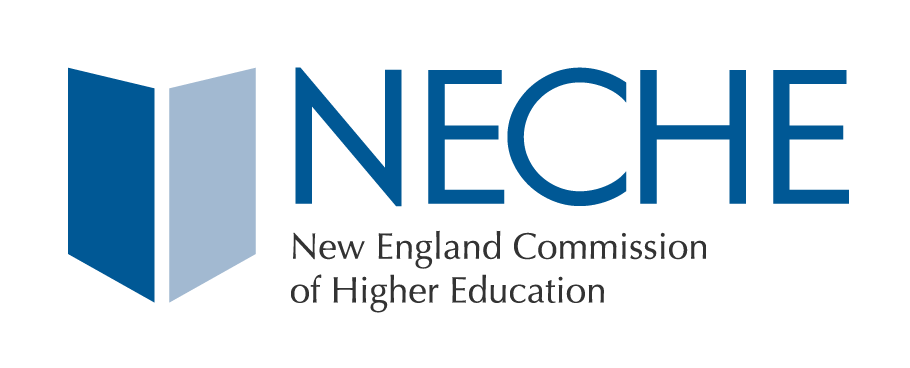Founded in 1945 as a school to train and educate returning veterans, Manchester Community College today enrolls more than 3,500 students, making it the second largest of the seven New Hampshire Community Colleges. An additional 2,000 students enroll in MCC’s Running Start program enabling high school students to take college courses for dual high school and college credit.

Virtually all of MCC’s students hail from the Granite State, with an average age of 26 (although almost sixty percent of its students are under the age of 25). A significant focus of MCC’s programs is partnering with local businesses to provide internships and co-op experiences for students. MCC also has an extensive array of articulation agreements that allow its graduates with an associate’s degree to continue on to earn a baccalaureate degree.

MCC’s President Brian Bicknell and I sat for about an hour and talked about his work and his school. Brian is beyond passionate about MCC’s mission to provide an affordable, useful college education to people who will use it to transform the lives of themselves and their families.

Across the country, families and educators talk incessantly about the cost of higher education and the extraordinary debt that students take on to get a college degree. While that’s a legitimate discussion for sure, how about this fact: at MCC, a student can receive his or her associate’s degree in nursing in two years, at a cost of less than $13,000 ($215 a credit x 60 credits to graduate). With that degree, these nurses will make over $60,000 in their first job.

Or what about MCC’s one-year lineman program, training the brave folk who climb telephone and utility poles to keep our essential electricity and cable working? At MCC, that’s a $6,500 educational investment that can return a salary of up to $75,000 a year.

It turns out that college doesn’t have to be expensive to be expansive. That’s what Manchester Community College is all about.
Listen to Brian Bicknell wax eloquent on the power of community colleges below.

